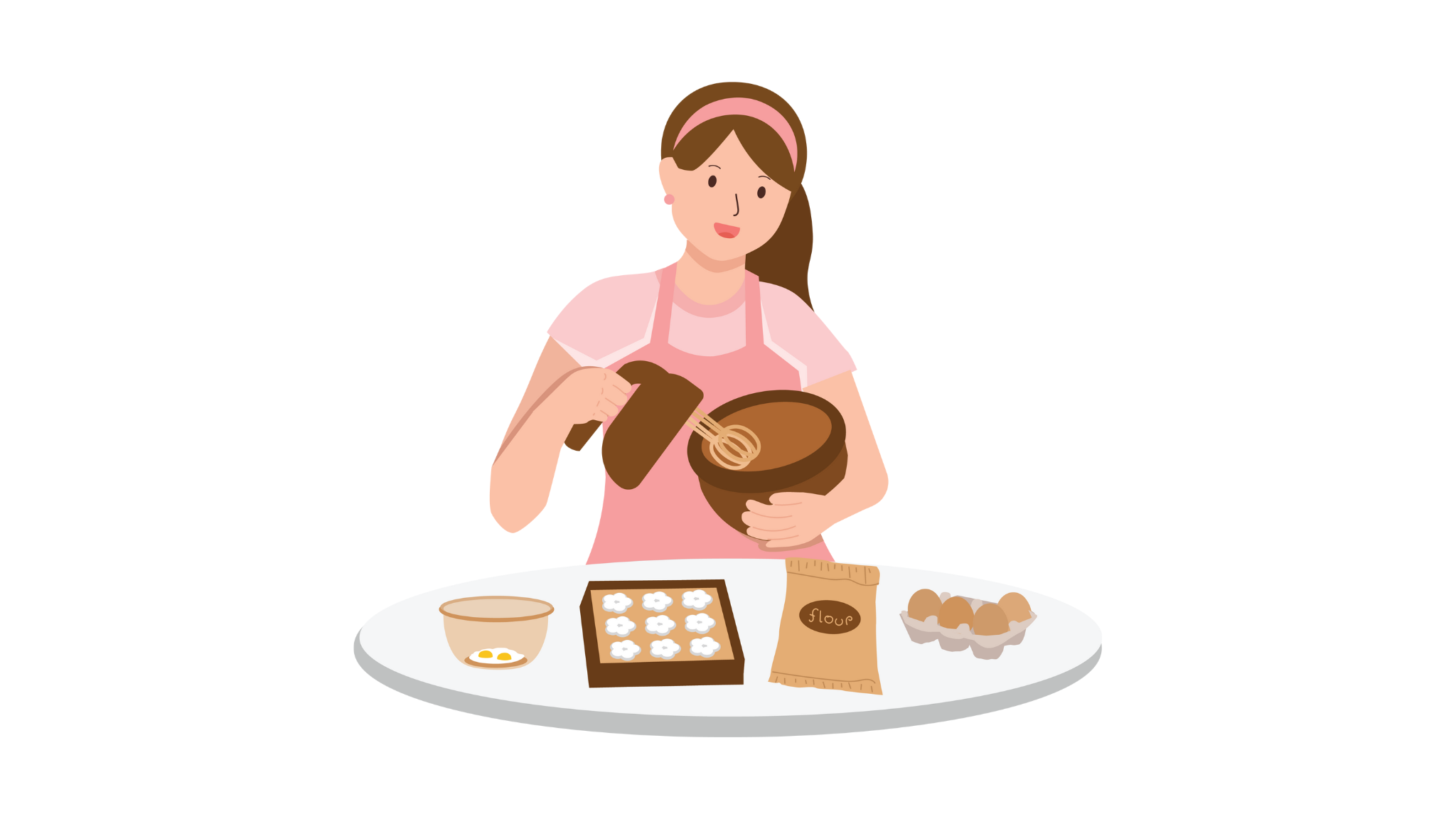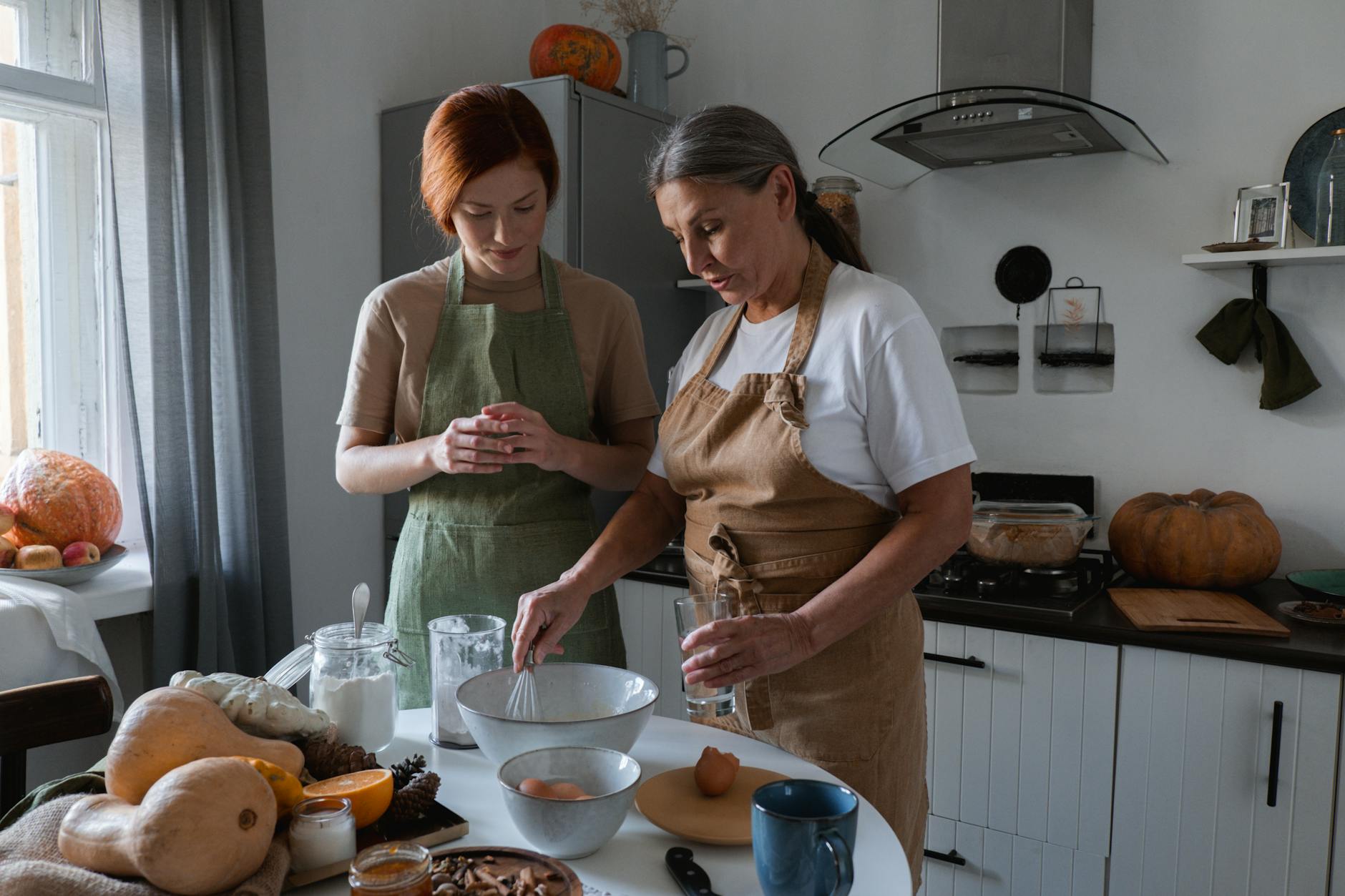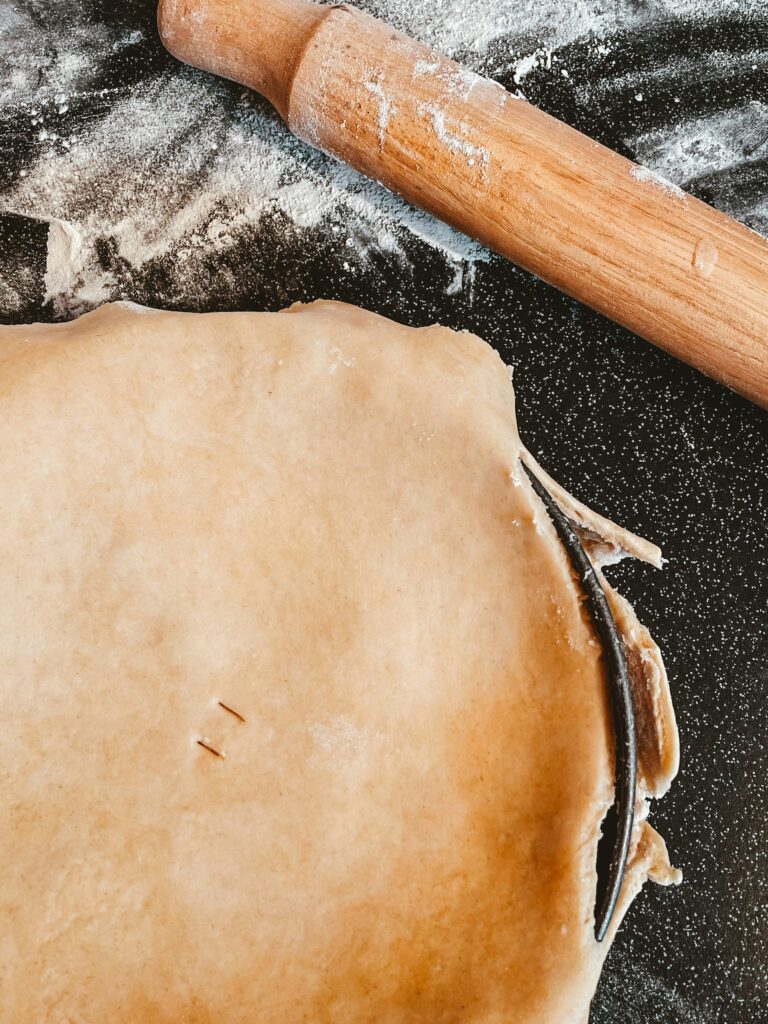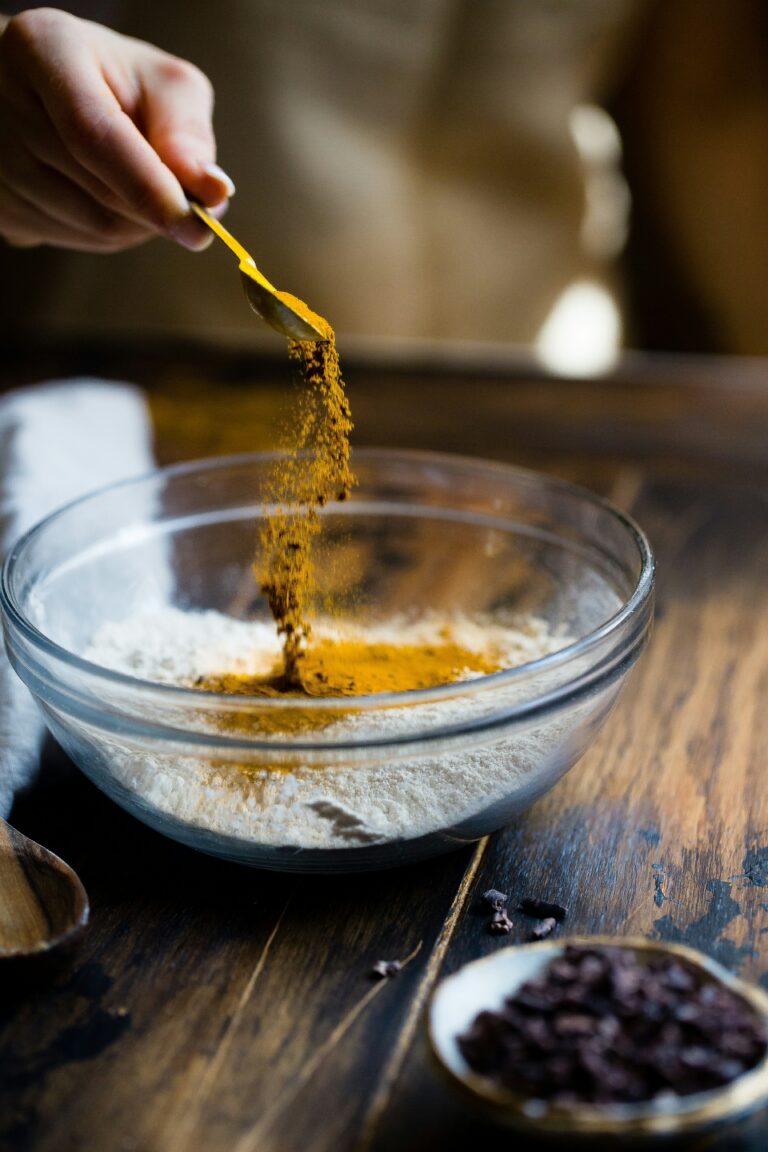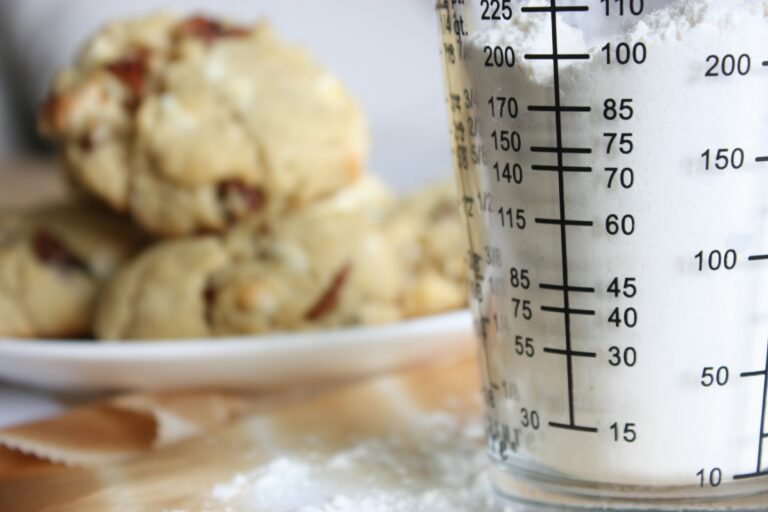Understanding Measurement in Baking
In the realm of baking, precision in measurement plays a critical role in the success of your culinary creations. Understanding the significance of accurate measurement and familiarizing yourself with the common units used in baking are fundamental aspects of mastering the art of baking.
Importance of Accurate Measurement in Baking
Achieving delectable baked goods relies heavily on precise measurements of ingredients. Even slight variations can alter the texture, flavor, and overall outcome of your baked treats. Whether you are measuring flour, sugar, or other components, accuracy ensures consistency in your recipes and helps you achieve the desired results every time.
Common Measurement Units in Baking
In baking, there are several common measurement units that you are likely to encounter when following recipes. These units provide a standardized way to quantify ingredients and achieve uniformity in your baking endeavors. Below is a table showcasing some of the most frequently used measurement units in baking:
| Measurement Unit | Abbreviation | Equivalent |
|---|---|---|
| Teaspoon | tsp | 5 milliliters |
| Tablespoon | tbsp | 15 milliliters |
| Cup | – | 240 milliliters |
| Ounce | oz | 28.35 grams |
| Pound | lb | 453.59 grams |
Understanding and mastering these measurement units will not only enhance your baking skills but also elevate the quality of your baked goods. For more insights on measurement equivalents and best practices in baking, refer to our article on cooking measurement equivalents.
By grasping the importance of accurate measurement in baking and familiarizing yourself with the common units used in baking, you pave the way for baking success and culinary excellence. Whether you are a seasoned baker or new to the art of baking, honing your measurement skills is a cornerstone of creating delightful and delicious treats in your kitchen.
Deciphering Flour Measurements
When it comes to baking, the accurate measurement of ingredients is crucial for achieving consistent and successful results. Flour, being a staple in most baking recipes, is often measured in cups. Understanding how many grams equal 1 cup of flour is essential for precision in your baking endeavors.
1 Cup of Flour in Grams
The conversion of 1 cup of flour to grams can vary depending on factors such as the type of flour and how it is packed. However, as a general guideline, the approximate weight of 1 cup of all-purpose flour is around 120-130 grams.
It’s important to note that different types of flour may have slightly different weights. Here is a rough estimate of the weight of 1 cup of various types of flour in grams:
| Type of Flour | Weight of 1 Cup (in grams) |
|---|---|
| All-Purpose Flour | 120-130 |
| Whole Wheat Flour | 125-135 |
| Bread Flour | 120-130 |
| Cake Flour | 110-120 |
| Self-Rising Flour | 125-135 |
When measuring flour, it’s advisable to spoon the flour into the measuring cup and then level it off with a flat edge to avoid packing it down, which could result in an inaccurate measurement. For more tips on how to measure flour accurately, check out our article on how to measure flour.
Factors Affecting Flour Weight
Several factors can influence the weight of flour when measuring it in cups. These factors include how the flour is scooped or spooned into the measuring cup, the type of flour being used, and even the humidity in the environment. Understanding these variables can help you adjust your measurements for more consistent baking results.
It’s recommended to use a kitchen scale for precise measurements, especially when working with recipes that provide gram measurements for flour. Additionally, experimenting with different measuring techniques and understanding the moisture content of your flour can contribute to more accurate and successful baking outcomes.
By grasping the relationship between cups and grams when it comes to flour, you can elevate your baking skills and achieve the perfect texture and consistency in your baked goods. Exploring different flour types and their corresponding weights can further expand your baking repertoire and enhance the quality of your creations.

